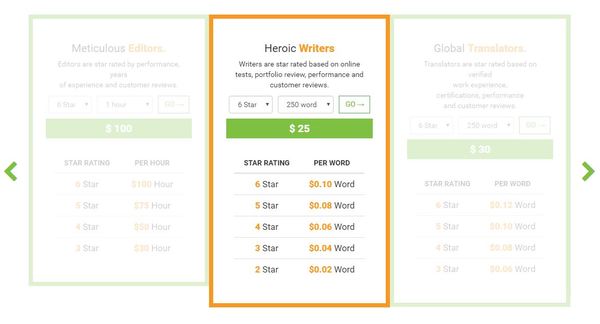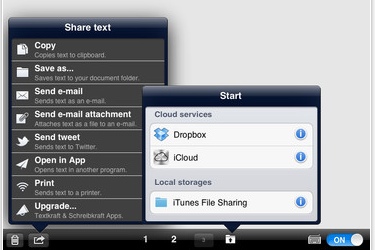

Have a beginning, middle, and end. Way too many authors go into writing a book with a strong notion of how their story should start.If one approach doesn't work for you, try another! Any kind of plan is better than none. Pick a format that works for you. There are so many different types of outlines: the free-flowing mind map, the rigorous chapter-and-scene outline, the character-based outline, and so on.So how do you go about creating that outline for your book? We actually have a whole other post on the subject, but here are the essentials: This is especially important if it's your first book, since you need a solid blueprint to rely on when you get stuck! (Because believe us, you will get stuck.) If you want to write a great story, you need to outline it first. Outline the story You don't have to structure it as a rollercoaster, but your outline should look something like this. So don't skimp on the genre research, because this will tell you where the bar is and how you can surpass it. Going above and beyond is the only way to give your book a chance in today's hyper-competitive market.
Easy writer with access series#
For example, if you're writing a psychological thriller, will there be a particularly sneaky unreliable narrator, or maybe a series of twists that the reader never sees coming? If you're writing a nonfiction book, do you have a unique take on the subject, or a particularly deep well of knowledge? And so on. What do they all have in common, and why might readers find them appealing? Does your book hold up to these standards?įinally, think about how your book can offer something NEW. Then read those books' blurbs to figure out what really sells. Go to the Amazon Best Sellers page and find your genre in the lefthand sidebar: If you want your book to succeed, you'll have to contend with these bestsellers. You should also conduct market research on Amazon to determine the most popular books in your genre. How long are they and how many chapters do they have? What does the story structure look like? What are the major themes? Perhaps most importantly, do you think you can produce a book with similar elements? Find out what people are reading
Easy writer with access how to#
Again, if you're writing the book you like to read, you already have a leg up! Reading books in your genre is by far the best way to learn how to write in that genre yourself.īut if not, you'll want to select a couple of representative titles and analyze them. Once you've found your big idea, the next step is to research your genre. Research by reading books by other writers

(And if you're still uninspired even after trying these tools, you may want to reconsider whether you really want to write a book after all.)Ģ. If you're grasping at straws, consider using creative writing prompts or a plot generator to get the ball rolling! You might stumble upon an interesting concept or story element that sparks a “big idea” for your book.

In all likelihood, you'll want to write a book in a similar vein. Think about the kinds of books you love to read, as well as books that have made a significant impact on you.

On the other hand, if you lack ideas, these questions should steer you in a firmer direction. For example, if you have several different ideas for a book, but only one that you're truly passionate about and feel you can pull off, then voilà - there's your premise! Your answers to these questions will help you narrow it down to your best options.


 0 kommentar(er)
0 kommentar(er)
